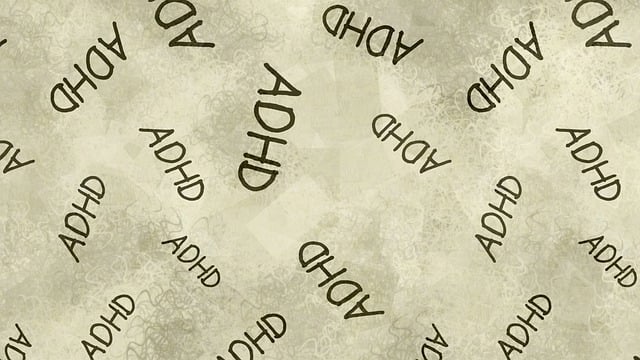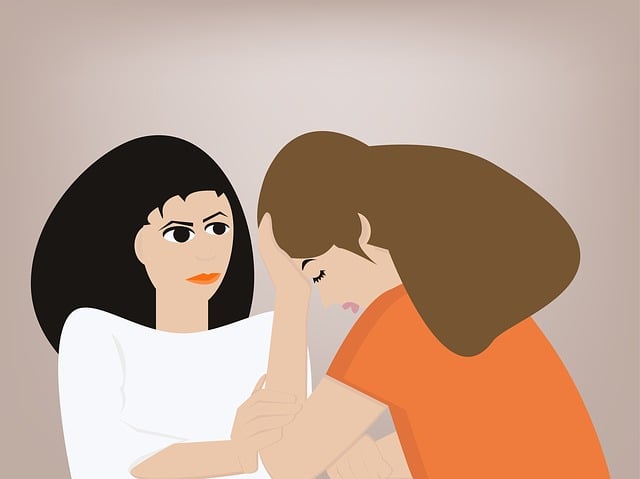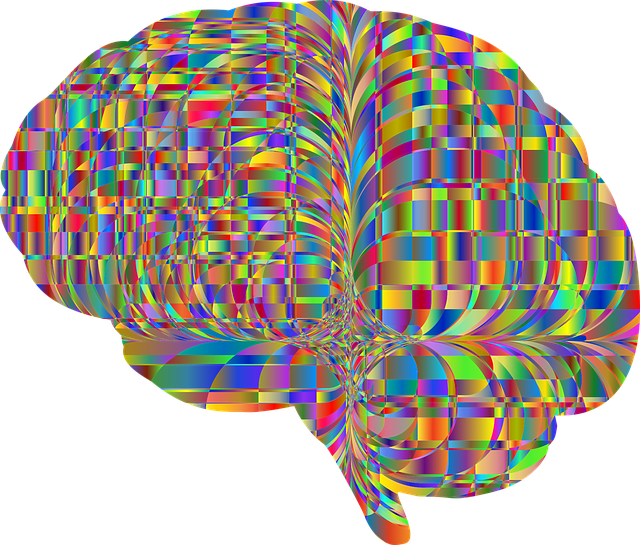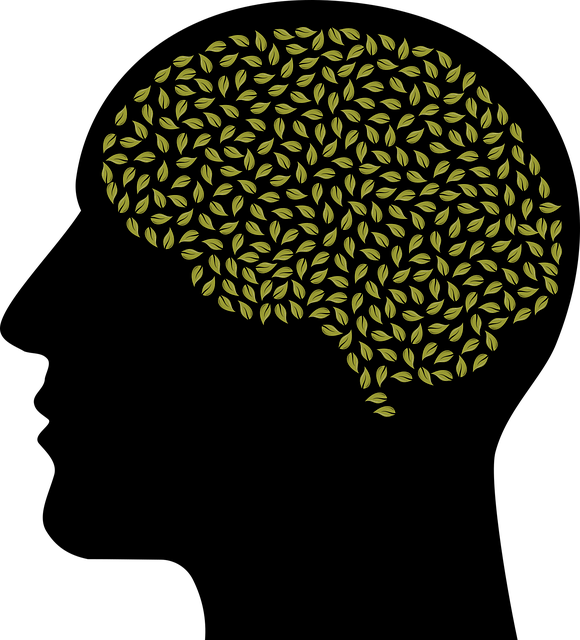Diagnosing mental health conditions, especially nuanced ones like Englewood Oppositional Defiance Disorder (ODD), accurately is challenging due to individual behavioral variations. Professional training, continuous education initiatives focusing on stigma reduction, and risk assessment training are key to overcoming these hurdles. Innovative approaches like Englewood ODD Therapy combine holistic treatment methods, self-care practices, and compassion cultivation techniques to improve diagnosis accuracy and patient outcomes. Incorporating patient feedback mechanisms and continuous learning further enhances diagnostic effectiveness, fostering a resilient and adaptable therapeutic environment.
Mental illness diagnosis accuracy is a critical aspect of patient care, with significant implications for treatment outcomes. This article explores efforts to enhance diagnostic precision, focusing on challenges in mental health assessments and the role of professional training. We delve into innovative approaches, highlighting Englewood Oppositional Defiance Disorder (ODD) therapy as a promising method. Additionally, we discuss integrating feedback mechanisms and continuous learning to improve diagnostic accuracy, ensuring better support for individuals navigating mental health conditions like ODD.
- Understanding Mental Health Diagnoses: Challenges and the Role of Professional Training
- Innovative Approaches to Enhance Diagnosis Accuracy: A Focus on ODD (Englewood Oppositional Defiance Disorder) Therapy
- Integrating Feedback Mechanisms and Continuous Learning for Better Diagnostic Outcomes
Understanding Mental Health Diagnoses: Challenges and the Role of Professional Training

Diagnosing mental health conditions accurately is a complex task due to the nuanced nature of human behavior and emotions. Each individual’s experience with disorders like Oppositional Defiant Disorder (ODD) in Englewood, for instance, can vary greatly. Professional training plays a pivotal role in overcoming these challenges. Mental wellness podcast series production has emerged as a valuable tool to enhance knowledge and understanding among practitioners. These resources provide insights into the latest research, treatment methodologies, and real-world case studies, ensuring professionals stay updated with effective practices.
Moreover, continuous education initiatives focus on mental illness stigma reduction efforts, which are essential for fostering an environment where individuals feel comfortable seeking help. Risk assessment is another critical aspect; training programs equip professionals with skills to identify risk factors and conduct thorough assessments, thereby improving diagnosis accuracy. By investing in these training measures, the mental health community can significantly enhance diagnostic processes and ultimately improve patient outcomes.
Innovative Approaches to Enhance Diagnosis Accuracy: A Focus on ODD (Englewood Oppositional Defiance Disorder) Therapy

In recent years, efforts to improve the accuracy of mental illness diagnoses have gained significant momentum, especially in addressing Englewood Oppositional Defiance Disorder (ODD). Innovative approaches are being explored to enhance diagnosis accuracy, focusing on therapy methods that go beyond traditional practices. Englewood ODD Therapy, for instance, integrates self-care practices and compassion cultivation techniques to provide a more holistic treatment approach. This method not only targets the symptoms of ODD but also focuses on improving self-esteem and fostering compassionate relationships, thereby addressing underlying issues that may have contributed to the development of the disorder.
By incorporating these innovative strategies, mental health professionals can better understand and diagnose individuals with ODD. Self-care practices encourage patients to develop healthy coping mechanisms, while compassion cultivation practices promote positive social interactions and emotional regulation. These complementary approaches not only enhance diagnosis accuracy but also improve overall well-being, providing a more comprehensive and effective treatment for those struggling with ODD.
Integrating Feedback Mechanisms and Continuous Learning for Better Diagnostic Outcomes

Integrating feedback mechanisms and continuous learning is a powerful strategy to enhance the accuracy of mental illness diagnoses. By incorporating patient feedback into the evaluation process, healthcare providers can gain valuable insights into an individual’s experiences and symptoms, leading to more nuanced assessments. This approach allows for the identification of unique presentations and potential cultural or context-specific factors influencing mental health conditions. For instance, in treating Englewood Oppositional Defiance Disorder (ODD), understanding family dynamics and environmental stressors through patient feedback can significantly improve therapy outcomes.
Moreover, continuous learning ensures that healthcare providers stay updated with the latest research and treatment modalities. Regular training sessions, workshops, and access to evidence-based resources enable professionals to refine their diagnostic skills. This is particularly crucial in addressing burnout prevention strategies for healthcare providers, as it fosters a culture of resilience and adaptability. Incorporating compassion cultivation practices alongside mental health education programs design can further enhance the therapeutic environment, promoting both effective diagnosis and provider well-being.
Mental illness diagnosis accuracy is a multifaceted challenge, with barriers like complex symptom presentation and individual variation. Efforts to improve this accuracy are crucial, especially in conditions such as Englewood Oppositional Defiance Disorder (ODD). Innovative approaches, including specialized therapy like ODD Therapy, and feedback-integrated continuous learning, offer promising paths forward. By enhancing professional training and adopting these advanced methods, we can strive for more precise and timely diagnoses, ultimately improving patient outcomes and care quality.














